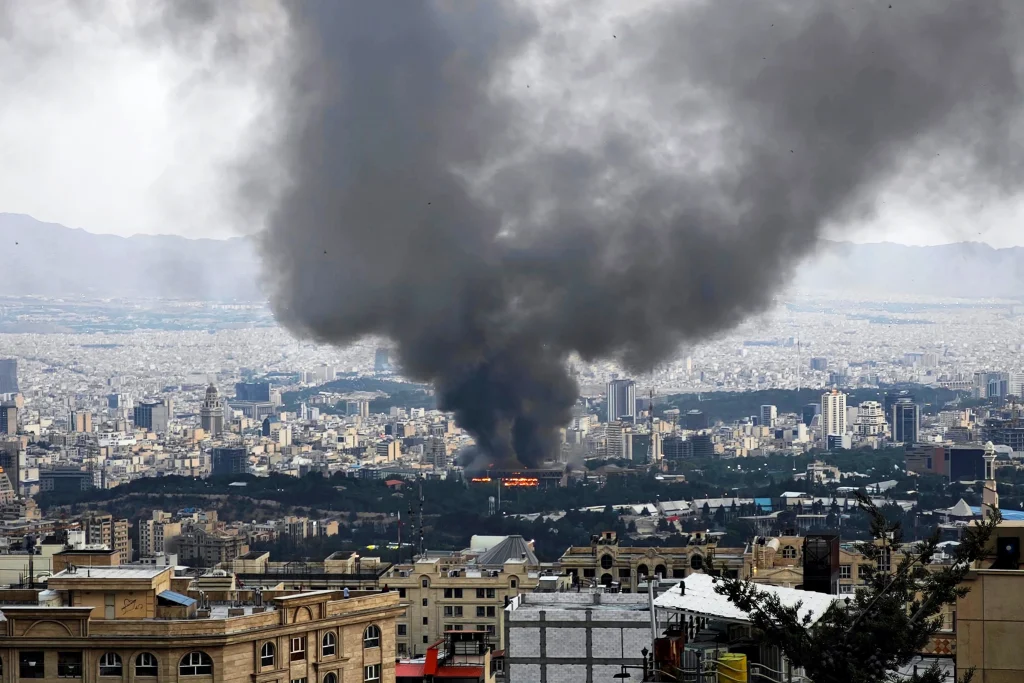
Following the United States’ military strike on three of Iran’s major nuclear facilities, a senior analyst has outlined potential retaliation options Tehran may adopt in response.
Abas Aslani, a senior research fellow at the Center for Middle East Strategic Studies in Tehran, revealed three possible scenarios during an interview with Al Jazeera, after U.S. President Donald Trump confirmed the strikes on Saturday night.
President Trump had announced via Truth Social that U.S. forces had successfully targeted and destroyed Iran’s key nuclear facilities at Fordow, Natanz, and Esfahan, describing it as a critical step toward peace, while warning Iran against any retaliation.
Reacting to the development, Aslani stressed that the attack marks a dangerous escalation, suggesting Iran could consider the following options:
1. Limited Retaliation:
Aslani noted Iran may opt for a restrained response, depending on the extent of damage to its facilities. “One could be a limited reaction, depending on the size of the damage,” he said.
2. Full-Scale War:
He warned that a more aggressive response could lead to an all-out war. “Iran may seek to seriously attack U.S. and Israeli interests, possibly extending to Israeli nuclear sites,” Aslani explained, adding that Iran’s regional allies could become involved.
3. Hybrid Response:
Aslani also outlined a hybrid approach involving both military and strategic levers. He referenced Iran’s control over the Strait of Hormuz, a critical maritime route for global oil supply. “Iran could exploit this leverage to disrupt the energy balance in the region,” he said.
While President Trump emphasized that no nation could have executed the operation better than the U.S., he also issued a stern warning: any form of retaliation from Iran would result in disastrous consequences.
The situation remains volatile, with global observers closely monitoring Tehran’s next move amid growing fears of a wider regional conflict.




![[PHOTOS] MOK Movement Disburses ₦300,000, Distributes Food Items to the Aged in Offa During Weekly Empowerment Programme](https://newsbulletin.com.ng/wp-content/uploads/2025/10/FB_IMG_1760379043455-300x300.jpg)




